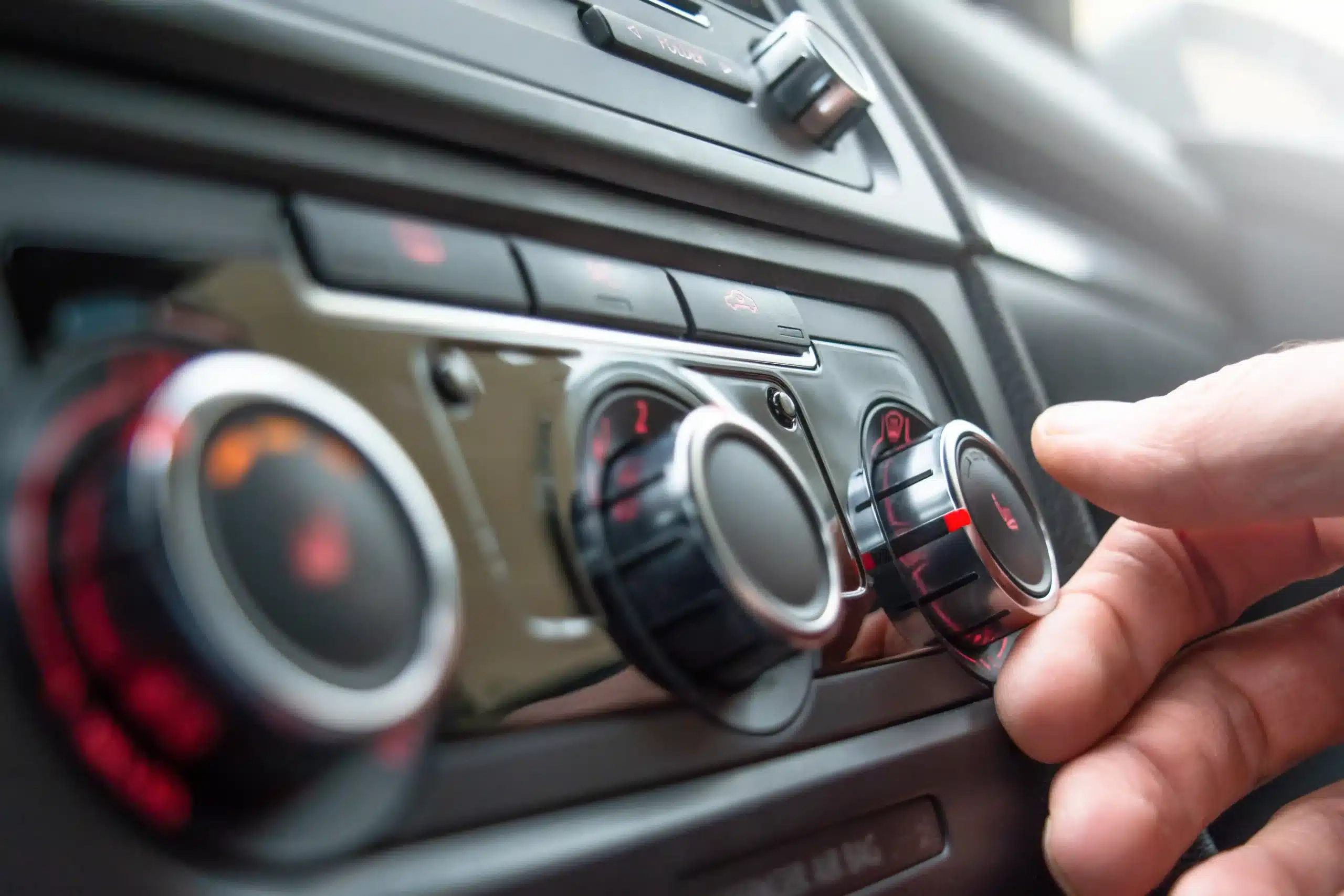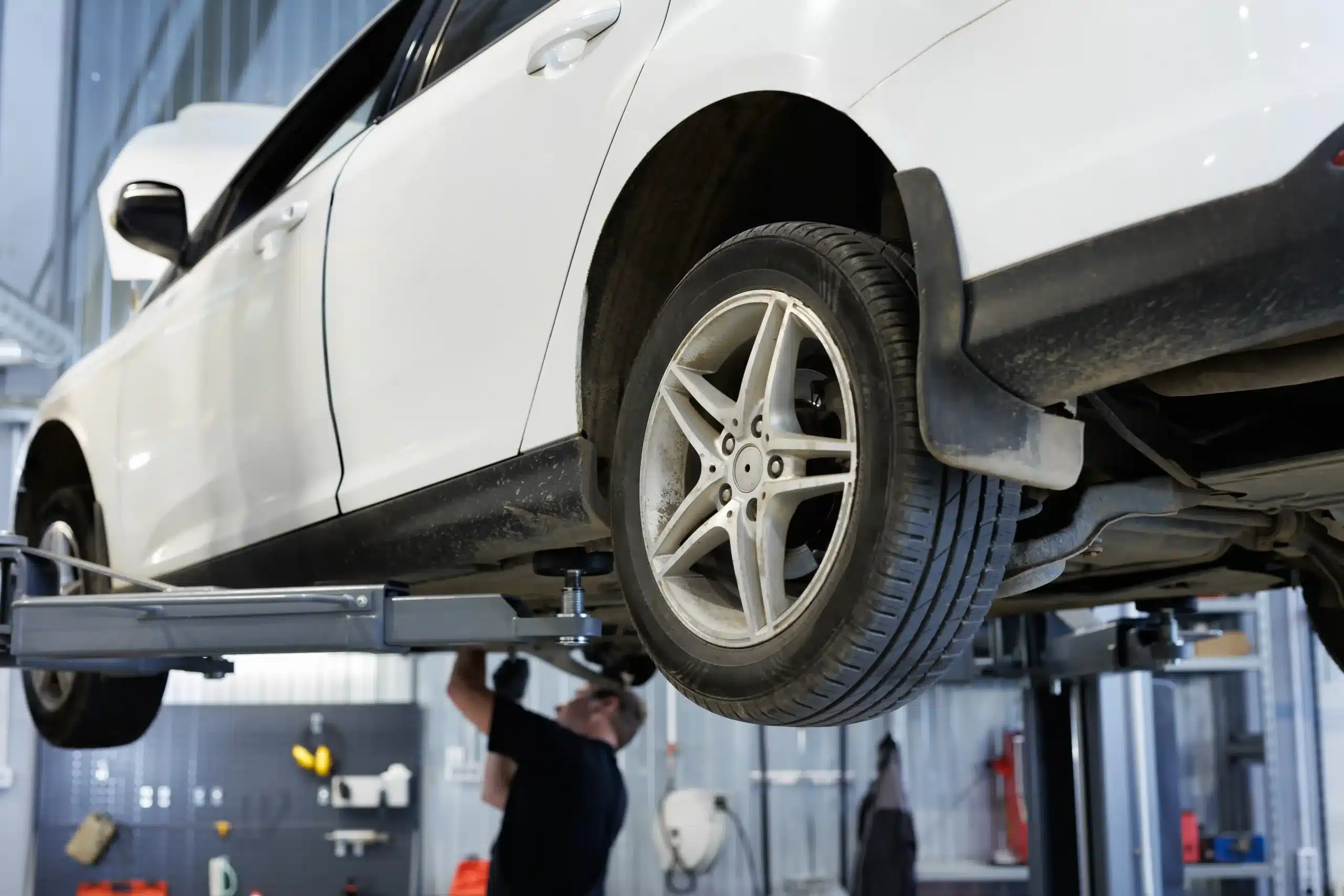Modern vehicles are sophisticated machines comprising thousands of components working in harmony to deliver reliable, safe transportation. However, like any complex system, regular maintenance and diagnostic monitoring are essential to prevent costly breakdowns and ensure optimal performance. Understanding when to schedule a comprehensive service and diagnostic check can save you significant money whilst maintaining your vehicle’s reliability and safety.
Understanding Service Intervals and Vehicle Requirements
Most manufacturers provide specific service schedules based on time or mileage intervals, whichever comes first. Typically, these range from every 6,000 to 12,000 miles or six to twelve months, depending on your vehicle’s make, model, and engine type. However, these manufacturer recommendations represent minimum requirements rather than optimal maintenance schedules.
Severe driving conditions often necessitate more frequent servicing. Stop-start city driving, frequent short journeys, dusty environments, or extreme weather conditions all place additional stress on vehicle components. If your driving patterns include regular motorway use, towing, or commercial applications, more frequent maintenance intervals become crucial.
Modern vehicles equipped with service indicator lights use sophisticated algorithms to calculate service requirements based on driving conditions, engine hours, and component wear patterns. These systems provide more accurate service timing than traditional mileage-based schedules, adapting to your specific driving habits and environmental conditions.
Age also plays a crucial role in determining service frequency. Older vehicles, regardless of mileage, benefit from more frequent attention as rubber seals, gaskets, and other components naturally deteriorate over time. Climate variations, particularly in the UK’s variable weather conditions, accelerate this aging process.
Recognising Warning Signs for Immediate Service Attention
Several symptoms indicate your vehicle requires immediate professional attention, regardless of when your last service occurred. Unusual noises represent one of the most common early warning signs—grinding, squealing, knocking, or rattling sounds often indicate developing mechanical issues that require prompt diagnosis.
Changes in engine performance, such as rough idling, hesitation during acceleration, or reduced fuel economy, suggest potential problems with fuel delivery, ignition systems, or engine management components. These issues rarely resolve themselves and typically worsen without intervention.
Dashboard warning lights should never be ignored, even if they appear intermittently. Modern diagnostic systems monitor numerous vehicle parameters continuously, and illuminated warning lights indicate detected anomalies requiring professional investigation. Even seemingly minor warnings can indicate significant underlying issues.
Fluid leaks under your parked vehicle warrant immediate attention. Whether engine oil, coolant, brake fluid, or transmission fluid, leaks indicate seal failures or component damage that could lead to catastrophic failure if left unaddressed.
Steering irregularities, including pulling to one side, excessive play, or vibration through the steering wheel, suggest potential issues with tyres, wheel alignment, suspension components, or braking systems. These problems directly impact vehicle safety and require prompt professional diagnosis.
The Role of Diagnostic Technology in Modern Servicing
Contemporary vehicles rely heavily on electronic control systems managing everything from engine performance to safety systems. These sophisticated networks continuously monitor vehicle operation, storing fault codes and performance data that skilled technicians can interpret using advanced diagnostic equipment.
Diagnostic checks reveal intermittent faults that might not present obvious symptoms during normal driving. These hidden issues can significantly impact fuel economy, emissions performance, and long-term reliability if left undetected. Professional diagnostic equipment accesses manufacturer-specific data unavailable to generic code readers.
Advanced diagnostics can predict component failures before they occur, allowing preventive replacement rather than reactive repairs. This approach typically proves more economical and convenient than emergency roadside assistance following unexpected breakdowns.
Modern diagnostic technology also enables precise adjustment of electronic systems, ensuring optimal performance and emissions compliance. This capability becomes particularly important as vehicles age and original calibrations drift from specification.
Seasonal Considerations for Service Timing
The UK’s variable climate creates seasonal challenges requiring specific attention during service intervals. Winter preparation should include battery testing, as cold weather significantly reduces battery performance and starting ability. Coolant system inspection ensures adequate antifreeze protection whilst heating system checks guarantee passenger comfort and windscreen demisting capability.
Tyre condition becomes critical during winter months, with tread depth directly affecting wet weather grip and braking performance. Professional inspection can identify uneven wear patterns indicating alignment issues or suspension problems requiring attention before adverse weather arrives.
Spring servicing should focus on winter damage assessment, examining paintwork for stone chips, checking for salt corrosion on brake components and exhaust systems. Air conditioning systems require annual testing to ensure optimal performance during warmer months, whilst cabin filter replacement improves air quality and system efficiency.
Summer preparation includes cooling system inspection, ensuring adequate capacity for increased operating temperatures. Long-distance holiday travel places additional demands on vehicles, making comprehensive pre-journey servicing particularly important.
Economic Benefits of Proactive Maintenance
Regular servicing and diagnostic checks represent investments in your vehicle’s longevity and reliability rather than unnecessary expenses. Preventive maintenance consistently proves more economical than reactive repairs, as early intervention prevents minor issues developing into major component failures.
Well-maintained vehicles retain higher resale values, with complete service histories demonstrating responsible ownership to potential buyers. This documentation becomes particularly valuable for premium and luxury vehicles where maintenance records significantly impact market value.
Fuel economy improvements following proper servicing can provide ongoing savings that partially offset maintenance costs. Clean air filters, properly adjusted engine management systems, and optimal tyre pressures all contribute to improved fuel efficiency.
Insurance implications should also be considered, as some policies require evidence of regular maintenance to validate claims related to mechanical failures. Additionally, roadside assistance callouts often prove more expensive than preventive maintenance addressing potential failure points.
Making Informed Service Decisions
Establishing relationships with trusted service providers enables more effective maintenance planning and cost management. Professional workshops like First Auto Centre maintain detailed service histories, enabling predictive maintenance recommendations based on your vehicle’s specific requirements and usage patterns.
Transparent communication about upcoming maintenance requirements allows budget planning rather than unexpected expense burdens. Quality service providers explain recommended work clearly, distinguishing between essential safety items and desirable improvements.
Consider your vehicle’s role in your daily life when planning service intervals. If your car is essential for work commutes or family responsibilities, more frequent preventive maintenance provides valuable peace of mind and reduces breakdown risks.
Conclusion
Determining optimal service timing requires balancing manufacturer recommendations, driving conditions, vehicle age, and individual circumstances. However, the fundamental principle remains constant: proactive maintenance invariably proves more economical and convenient than reactive repairs following unexpected failures.
At First Auto Centre, our experienced technicians provide comprehensive diagnostic assessments and transparent service recommendations tailored to your vehicle’s specific requirements. Whether following manufacturer schedules or addressing emerging concerns, professional service and diagnostic checks represent essential investments in your vehicle’s safety, reliability, and longevity.








